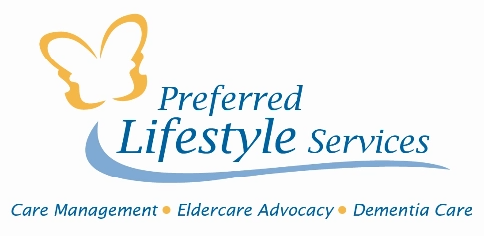“When my kids and I picked up my early-stage Alzheimer’s Dad for our weekly Sunday dinner, we got his usual comment, “What a surprise!” We also got the shock of our lives when he stood up in front of the entire restaurant and scratched his private parts while loudly proclaiming, “Wow, that feels good!” When we told him it wasn’t polite to scratch certain areas in public, he said, ‘Why?’ and did it again a few minutes later. I made it worse by yelling, ‘Dad, why are you embarrassing us?’ He almost cried when he answered, ‘I don’t know.’
Riddle: Why did the chicken cross the road?
Answer: To get to the other side
Question: What do we do when we itch?
Answer: Scratch!
Dad scratched because he itched and spoke an Alzheimer's truth when he answered, "I don't know."
Alzheimer's caregivers learn many new truths. The most important help you understand why you need new communication and coping skills. The basics:
Coping Skills:
- Alzheimer's systematically destroys your parent’s ability to use and rely on critical skills and cognitive functions such as judgment that helps discern between right and wrong or acceptable/unacceptable behavior.
- Whether your loved one is at home or in a nursing home every established and routine activity of daily living, including how you communicate, will change as the disease progresses.
Communication Skills:
- Alzheimer's patients cannot accommodate requests “to stop” because they cannot store new information in memory. Example: they repeat the same question multiple times because they don’t remember asking it or hearing the answer five minutes after you say it.
- When Alzheimer’s robs people of their ability to communicate verbally, they speak with lifelong natural responses and actions that don’t require current memory: scratching, crying, or acting aggressively to signal fear, discomfort, or pain. Examples: Is Dad itching because he’s neglecting his hygiene? Does he have a problem that needs medical attention?
Bonus Truths:
- Experienced Alzheimer’s caregivers will tell you education, support groups, and ongoing training is key to managing expectations and maintaining your quality of life. Example: Has Dad’s Alzheimer’s progressed from “Early Stage” to “Stage 2?”
- Re-read #1. It's the best way to maintain your wonderful relationship with Dad.



